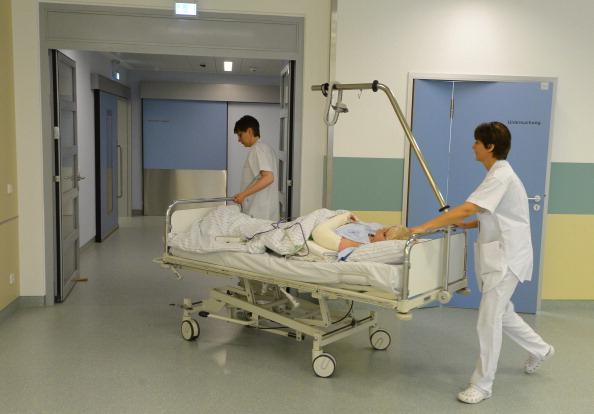
For women, working more than 40 hours a week or routinely lifting heavy loads appears to be associated with taking a longer to get pregnant, a study has found. Working more than 40 hours a week was linked with taking 20% longer to get pregnant compared to women who worked 21 to 40 hours per week.
For this study, researchers followed 1,739 women nurses who were trying to get pregnant. Researchers at Harvard Medical School, Harvard School of Public Health, and the Centers for Disease Control and Prevention reviewed data on nurses between 2010 and 2014 who at some point said they were trying to conceive.
Half of the women were at least 33 years old, about 44% were overweight or obese and 22% were current or former smokers. An estimated 16% of these women did not become pregnant within 12 months, and 5% still had not become pregnant after 2 years. About one third of the women were on their feet for at least 8 hours a day, and 40% reported lifting heavy loads up to five times a daily.
The study also found that moving or lifting loads that weight at least 25 pounds several times a day was also associated with delayed pregnancy. This factor appeared to lengthen the time to conception by about 50%. When women who had irregular menstrual cycles were excluded, they still found that heavy lifting was linked to a 33% longer time to conception. The impact of heavy lifting was more pronounced for overweight and obese women.
Most healthy couples can conceive within 3 to 6 months, though the process can take longer for people who are older or who have fertility compromised by certain medical conditions or by smoking or excessive drinking.
There may be explanations for the association between long hours and heavy lifting and problems conceiving. Certain working conditions could make pregnancy more likely, and it's also possible that women who struggle to get pregnant may choose to work longer hours. Women who work more or who come home physically exhausted may be having sex less frequently.
